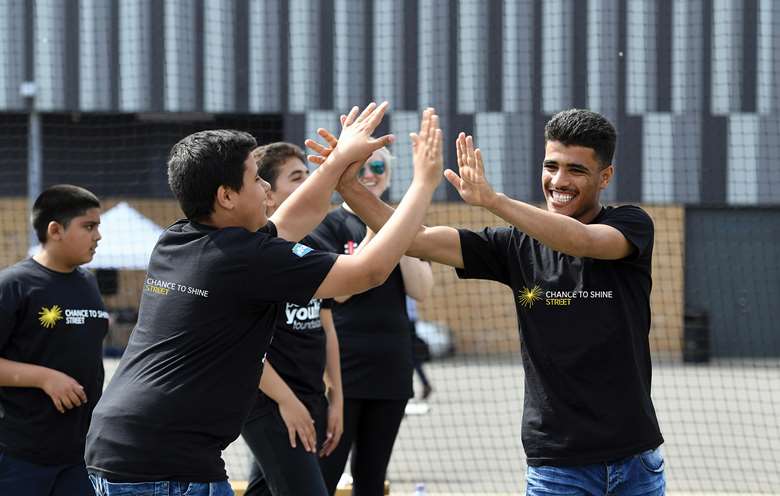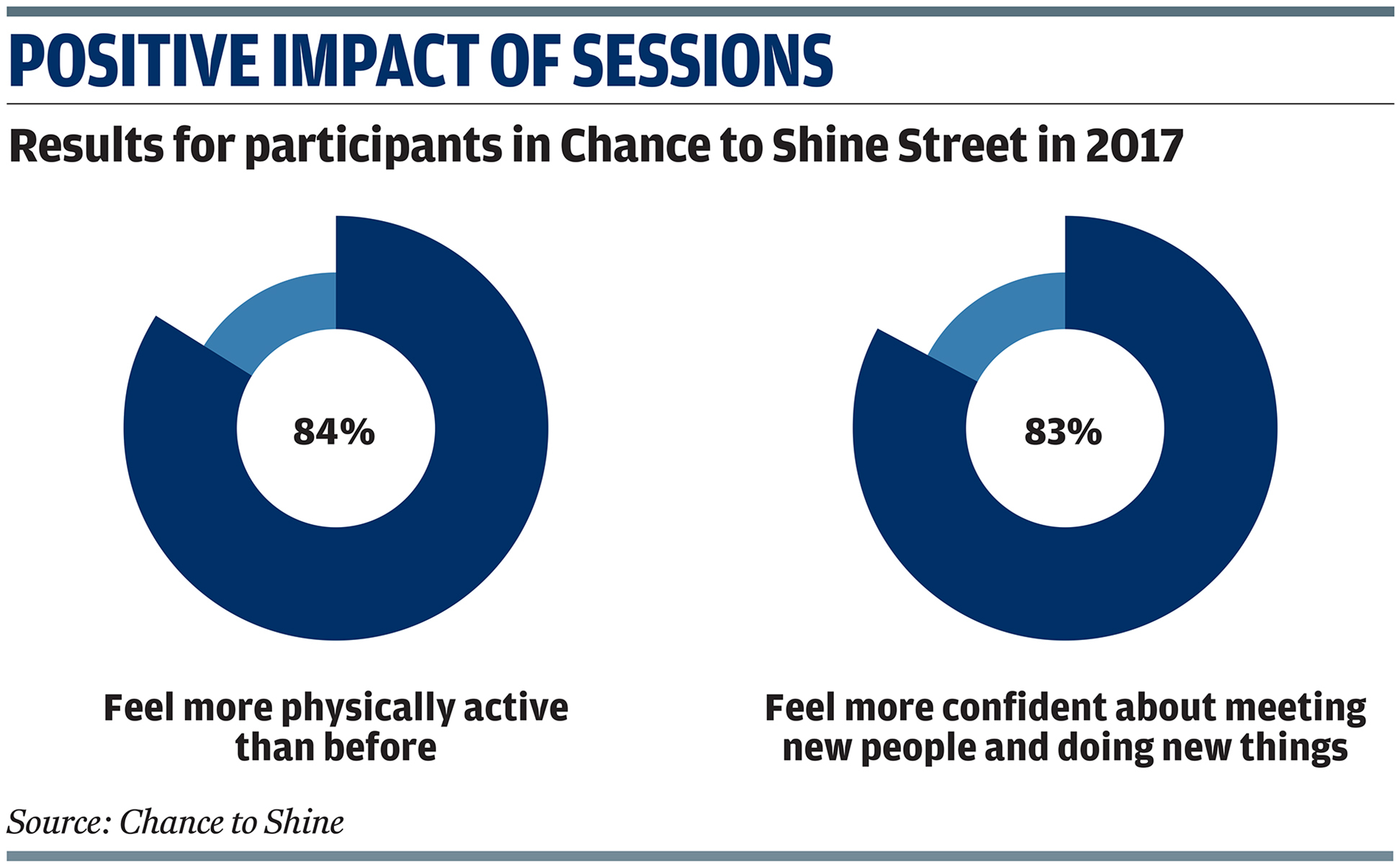How cricket gives children a chance to shine
Charlotte Goddard
Tuesday, January 29, 2019
Free cricket sessions aim to address the decline of the sport in state schools while improving children's health, education and self-esteem.

PROJECT
Chance to Shine Street
PURPOSE
To ignite new passions, teach vital skills, unite diverse groups, and educate young people through cricket
FUNDING
Chance to Shine Street is funded through a £3m grant from Sport England over three years, as well as through local funders, grants, individuals and corporations such as NatWest and Yorkshire Tea
BACKGROUND
Chance to Shine was founded in 2005 to reverse the decline of cricket in state schools. It now reaches one in five primary schools in England and Wales, supported by the England and Wales Cricket Board. Chance to Shine Street was launched in 2008 to reach children and young people in areas lacking green space and traditional cricket clubs, providing an alternative route into cricket.
ACTION
Chance to Shine Street uses free cricket sessions to improve children's health, self-esteem, mental and social wellbeing and education. Research has shown that attending a sports club outside of school time is linked with higher academic and behavioural outcomes in primary school. "We see cricket as a powerful tool to improve the lives of children," says Chance to Shine marketing officer Adam Sofroniou.
Street cricket is played with tennis balls wrapped in electrical tape, removing the need for costly equipment like helmets. With six players per side and 20 balls per innings, it is cricket's answer to five-a-side football. "Tapeball is popular in South Asian countries - two thirds of our participants are from South Asian communities," says Sofroniou.
Free sessions run in sports halls, youth clubs, parks and community centres after school and at weekends, and focus on two age groups - eight to 16 and 16 to 24. They are delivered by coaches employed by local cricket boards and paid by Chance to Shine, supported by volunteers. Regional and national competitions give young cricketers the opportunity to make friends and compete with people from other areas. Some children and young people find the sessions attractive because they offer "serious" coaching and regular competitions, while others value the opportunity to make friends, be active and "de-stress".
In some areas, Chance to Shine works with youth clubs to attract young people. In other places organisations might refer young people, or coaches might spread the word in schools, community centres, mosques and temples.
Projects in cities such as Coventry and Bristol with a high number of refugees have used street cricket to help them to feel welcome in the area, as well as improving their English. "Teams are mixed up and young people learn to work together, it breaks down barriers," says Sofroniou.
Three quarters of street cricketers live in the 30 per cent most deprived areas of England, where children and young people are less likely to be active or play sport regularly. Children from these areas say they don't feel safe playing sport in parks or other public spaces, and can't afford to take part in organised sport. "We are constantly assessing provision to make sure we are reaching the right kids," says Sofroniou. There are currently 165 Chance to Shine Street projects with hopes of up to 180 by the end of next year.

OUTCOME
In 2017, 4,314 children and young people were involved in the Chance to Shine Street programme. Of those, 2,506 were aged between eight and 15, and 1,808 were aged 16 to 24. In all, 86 per cent were not members of a cricket club when they joined, and 79 per cent were from a black or ethnic minority background. Each participant received on average 31 hours of contact time.
A 2017 survey of 658 participants by Chance to Shine found nine out of 10 said "my coach inspires me to do my best". More than eight in 10 - 84 per cent - said they were more physically active than before, 83 per cent said they felt more confident meeting new people and doing new things, 81 per cent said they had made new friends and 71 per cent said the sessions helped them develop as a person. The survey suggests sessions brought communities together with 78 per cent agreeing they had met people from different backgrounds or areas and 75 per cent reporting they felt closer to their local community.
- If you think your project is worthy of inclusion, email supporting data to derren.hayes@markallengroup.com




